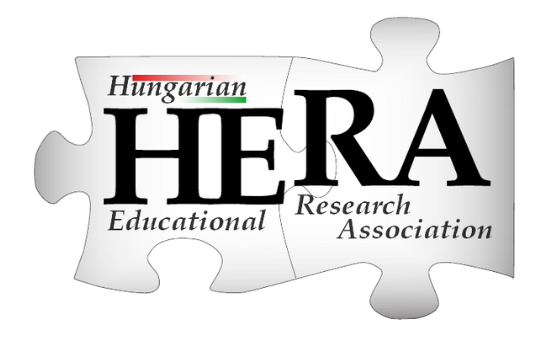HuCER 2024
Eger, 2024. May 23-24.
Conference title:
Contemporary Narratives of Education
Education in the world of accelerating technological development, a
fragmented society and battle for attention
Conference abstract:
The conference aims to reflect on the challenges of accelerating technological
development, a fragmented society, and the battle for attention. We are calling
researchers to propose scenarios and solutions for the future of education.
By 2024, all stakeholders in education will be confronted with the increasingly
unpredictable, complex, and contradictory nature of the world, regardless of the
extent to which digital technology is used. Education faces challenges that have
received little attention in the past. Technological developments linked to
digitalization are rushing, and education systems need help keeping up. Think of
artificial intelligence, which has already impacted all areas of education in the past
year! Society is becoming increasingly polarised, which is also reflected in
education, with unequal access to knowledge and technologies and different
generations having different expectations of the school world and its role, with
Generation Z teaching Alpha under the supervision of Generation X and Y.
Finally, the narratives created by different actors competing for attention on social
media often encourage students not to think critically but to put ready-made
opinions before facts and to believe the more convincing storyteller.
Uncertainty about "what to learn from whom and how" is amplified by the fact that
the flow of information around us has accelerated considerably and by the fear of
missing out. In a networked world, information comes through the interpretation of
others, and there needs to be more emphasis on experiential learning and actual
experience. As we move away from a world moderated by teachers and editors, the
extent of unreliability, falsification, copying, and credibility becomes crucial.
These challenges seriously threaten the quality and effectiveness of education, but
they also provide opportunities for innovation. Therefore, we, education
professionals, must discuss these challenges and formulate proposals for the future
of education in the fields of inclusion, early childhood education, pre-school
education, general education, vocational education and training, and adult learning.
Research-based proposals will be based on disciplinary and transdisciplinary
theories in educational psychology, history of education, didactics, pedagogy of
vocational education and adult learning, art education, sociology of education, and
digital pedagogy.
